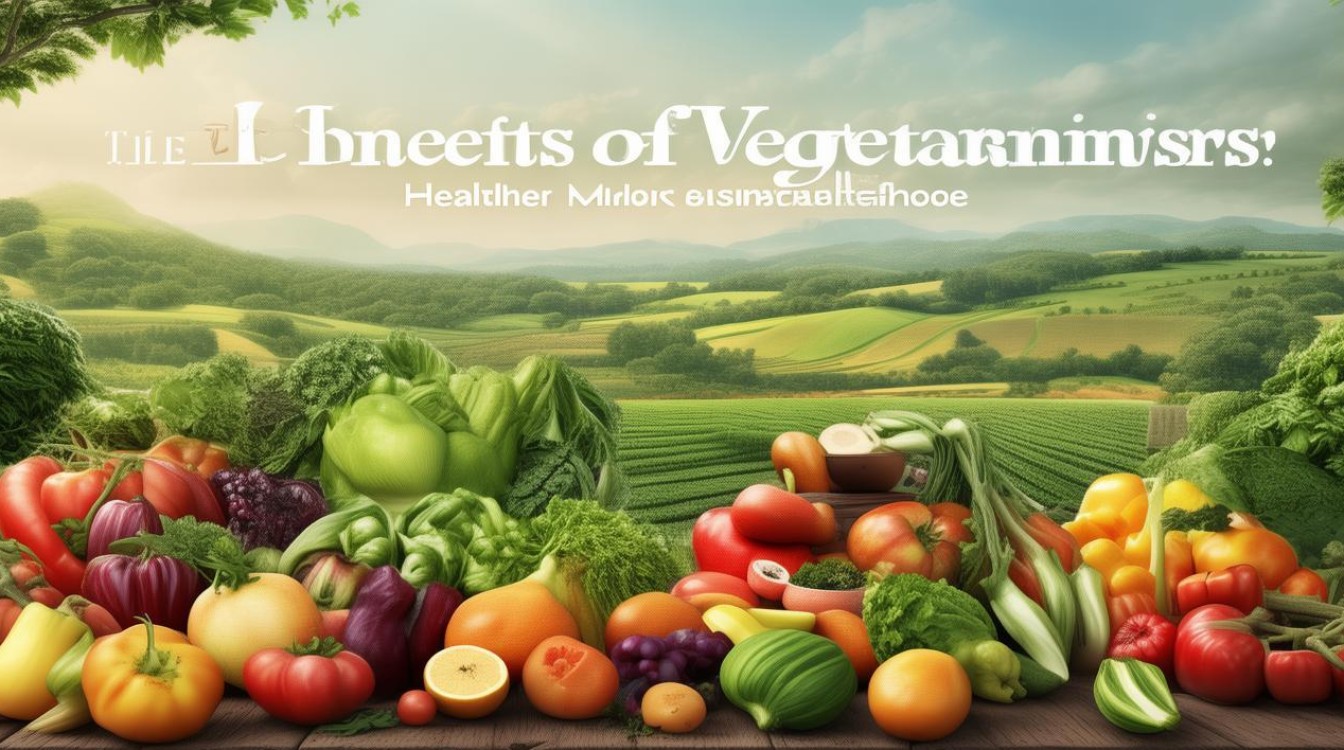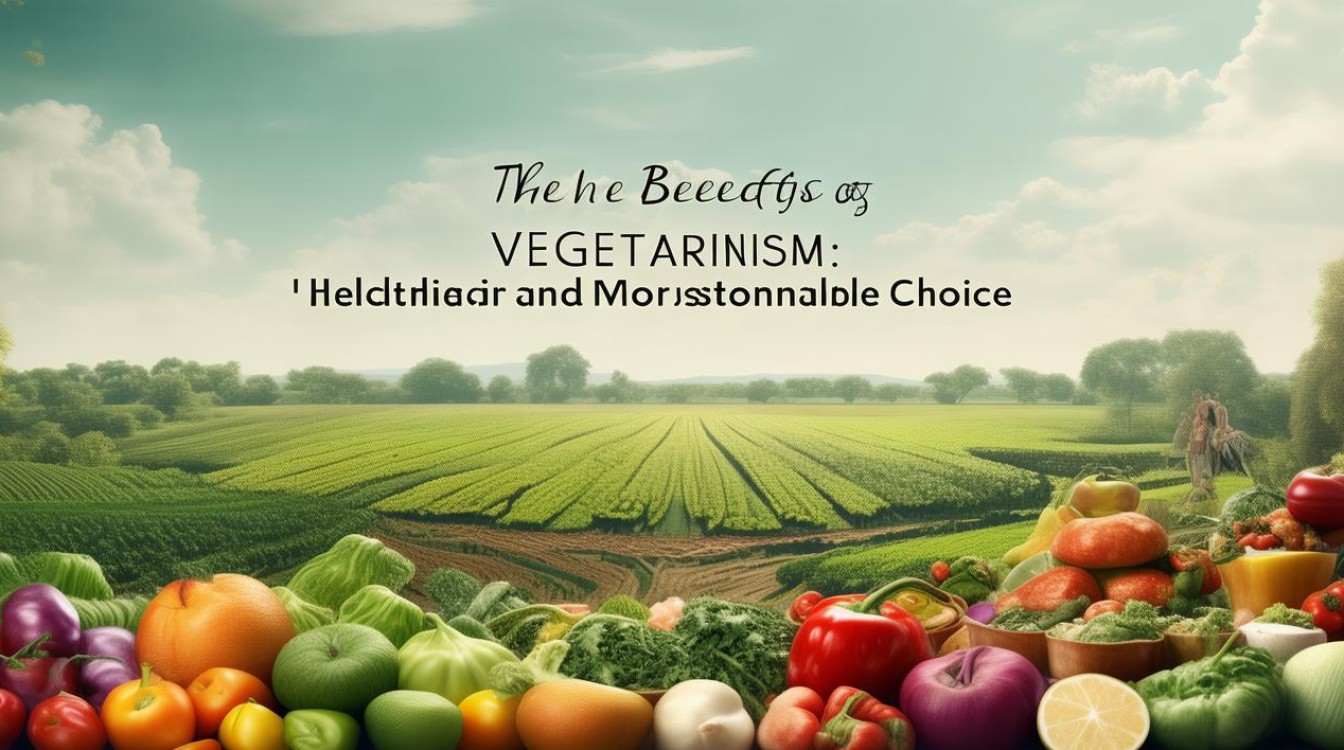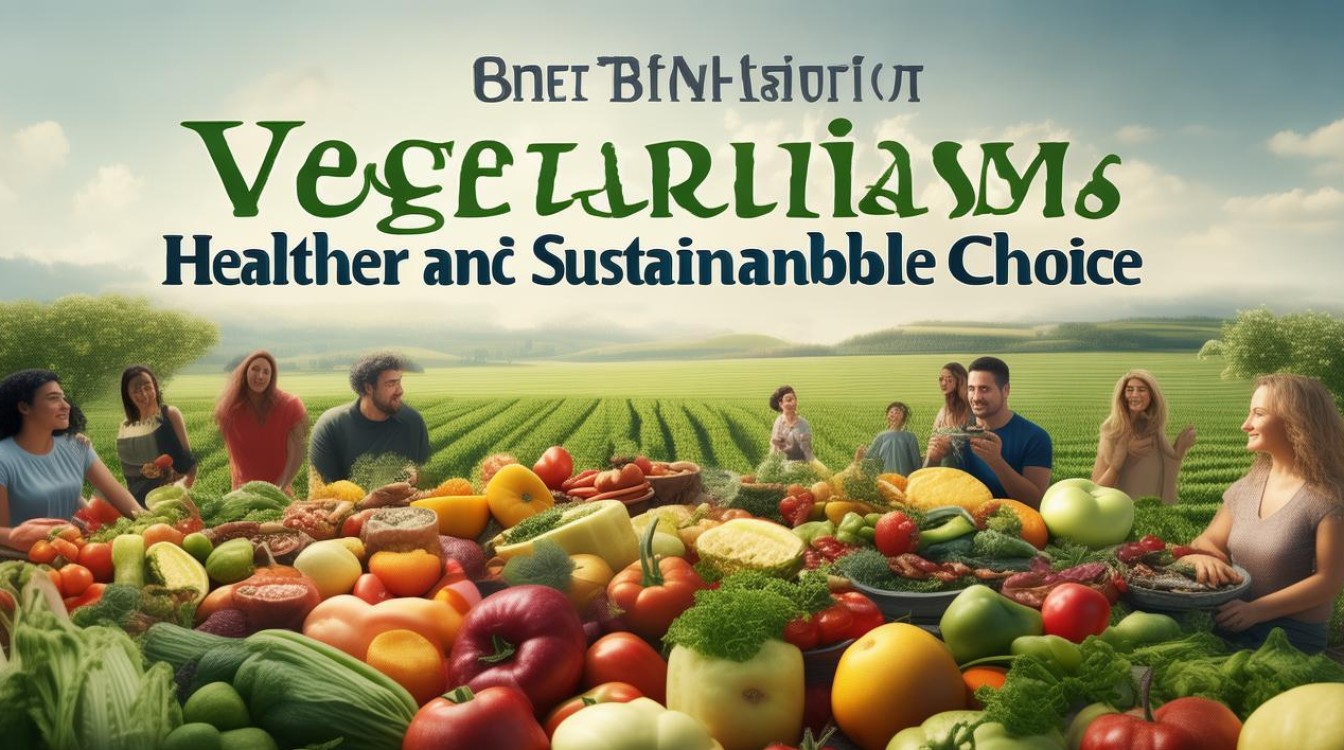In recent years, vegetarianism has gained widespread attention as a lifestyle choice that promotes health, environmental sustainability, and ethical living. Many people are adopting plant-based diets for various reasons, from personal well-being to global ecological concerns. This article explores the advantages of vegetarianism, supported by scientific research and expert opinions, to help readers understand why this dietary shift is worth considering.

Improved Physical Health
A well-balanced vegetarian diet can significantly enhance overall health. Studies show that plant-based eaters often have lower risks of chronic diseases such as heart disease, diabetes, and certain cancers. Here’s how:
- Heart Health: Diets rich in fruits, vegetables, whole grains, and legumes reduce cholesterol levels and blood pressure. The American Heart Association highlights that vegetarians are less likely to develop cardiovascular diseases.
- Weight Management: Plant-based foods are typically lower in calories and saturated fats, making it easier to maintain a healthy weight. Research from the Journal of the Academy of Nutrition and Dietetics confirms that vegetarians tend to have lower body mass indexes (BMIs) than meat-eaters.
- Reduced Cancer Risk: The World Health Organization classifies processed meats as carcinogenic. A diet high in fiber, antioxidants, and phytochemicals—abundant in plants—may lower the likelihood of colorectal and other cancers.
Enhanced Mental Well-Being
Nutrition plays a crucial role in mental health. A vegetarian diet, rich in nutrients like folate, magnesium, and omega-3 fatty acids (from flaxseeds and walnuts), supports brain function and emotional balance.
- Lower Depression Rates: A study published in Nutritional Neuroscience found that vegetarians report lower levels of depression and anxiety compared to omnivores, possibly due to higher intake of mood-boosting nutrients.
- Improved Gut Health: A diverse microbiome, fostered by fiber-rich plant foods, is linked to reduced stress and better cognitive function.
Environmental Sustainability
Animal agriculture is a leading contributor to climate change, deforestation, and water depletion. Adopting a vegetarian diet reduces one’s ecological footprint in several ways:

- Lower Greenhouse Gas Emissions: Livestock production generates more CO₂ than the entire transportation sector combined. Plant-based diets cut emissions by up to 50%, according to the University of Oxford.
- Water Conservation: Producing a single pound of beef requires 1,800 gallons of water, whereas plant proteins like lentils need just a fraction of that amount.
- Preservation of Ecosystems: Reducing meat consumption helps combat deforestation, as vast land areas are cleared for grazing or feed crops.
Ethical Considerations
For many, vegetarianism aligns with compassion for animals. Industrial farming often involves inhumane conditions, and choosing plant-based meals reduces demand for such practices. Organizations like PETA and the Humane Society advocate for ethical eating by highlighting the benefits of cruelty-free diets.
Economic and Practical Advantages
Contrary to popular belief, vegetarianism can be budget-friendly. Staples like beans, rice, and seasonal vegetables are often cheaper than meat. Additionally, plant-based meals can be simple to prepare, with countless recipes available online for beginners.
Addressing Common Concerns
Some worry about protein deficiency or nutrient gaps in vegetarian diets. However, with proper planning, plant-based eaters can meet all nutritional needs:

- Protein: Lentils, chickpeas, tofu, quinoa, and nuts provide ample protein.
- Iron and Calcium: Leafy greens, fortified plant milks, and seeds are excellent sources.
- Vitamin B12: While primarily found in animal products, fortified foods or supplements can fill this gap.
Nutritionists emphasize that a varied vegetarian diet is suitable for all life stages, including pregnancy and athletic training.
Making the Transition Easier
For those new to vegetarianism, gradual changes work best. Start with meatless Mondays, explore plant-based alternatives, and discover global cuisines that naturally emphasize vegetables, such as Mediterranean or Indian dishes.
Final Thoughts
Vegetarianism offers a powerful way to improve personal health, protect the environment, and foster ethical food choices. While individual preferences vary, the evidence supporting plant-based diets is compelling. Whether motivated by wellness, sustainability, or compassion, reducing meat consumption can lead to meaningful positive change.

As more people embrace this lifestyle, the collective impact on public health and the planet grows stronger. Every meal is an opportunity to make a difference—one plate at a time.


